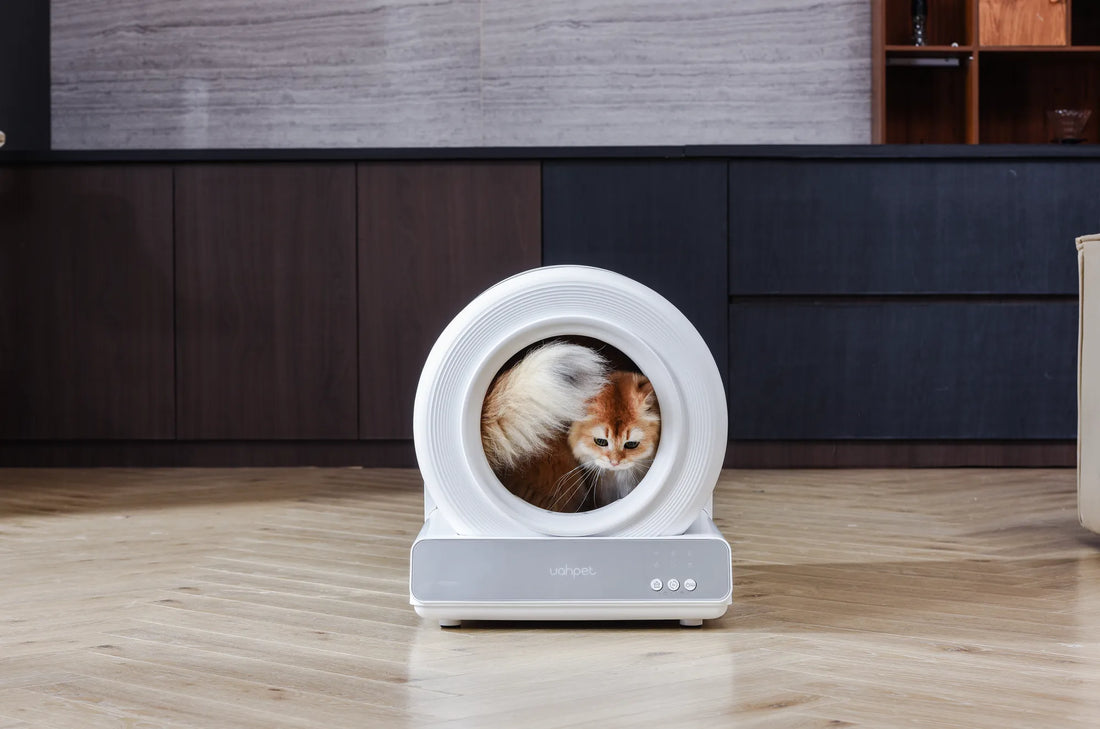If your cat quit using the litter box, you're not alone. This frustrating behavior is one of the most common reasons cat owners seek advice. Understanding the root cause is essential to finding a solution and restoring peace in your home. Let's explore the possible reasons and practical steps to address this issue.
Why Did My Cat Quit Using the Litter Box?
Cats are creatures of habit, and any sudden change in their behavior often signals an underlying problem. Here are some potential reasons why your cat quit using the litter box:
1. Health Issues
Health problems are a leading cause of litter box avoidance. Conditions such as urinary tract infections, kidney disease, or arthritis can make it painful or difficult for your cat to use the litter box. If your cat is straining to urinate, crying out, or showing signs of discomfort, consult a veterinarian immediately.
2. Stress or Anxiety
Cats are sensitive to changes in their environment. Moving to a new home, introducing a new pet, or even rearranging furniture can cause stress. This anxiety may lead to litter box avoidance as your cat seeks comfort elsewhere.
3. Litter Box Preferences
Cats can be picky about their litter box. Factors like the type of litter, the size of the box, or its location may deter your cat from using it. Some cats prefer unscented litter, while others may avoid covered boxes.
4. Dirty Litter Box
Cats are naturally clean animals, and a dirty litter box can be a major turnoff. If the box isn't cleaned regularly, your cat may refuse to use it and find a cleaner spot elsewhere.
5. Territorial Marking
Unneutered or unspayed cats may mark their territory by urinating outside the litter box. This behavior is more common in multi-cat households where competition for resources exists.
How to Address Litter Box Avoidance
Once you've identified the potential cause, you can take steps to encourage your cat to use the litter box again. Here are some effective strategies:
1. Rule Out Medical Issues
If you suspect a health problem, schedule a visit to the veterinarian. Early diagnosis and treatment can prevent further complications and restore your cat's litter box habits.
2. Reduce Stress
Create a calm and stable environment for your cat. Provide hiding spots, maintain a consistent routine, and use calming products like pheromone diffusers to ease anxiety.
3. Evaluate the Litter Box
Experiment with different types of litter and boxes to find your cat's preference. Ensure the box is large enough and placed in a quiet, accessible location. If you have multiple cats, provide one litter box per cat plus an extra.
4. Keep the Litter Box Clean
Scoop the litter box daily and change the litter regularly. Wash the box with mild soap and water to remove odors that may deter your cat.
5. Address Territorial Behavior
Spaying or neutering your cat can reduce territorial marking. In multi-cat households, ensure each cat has access to resources like food, water, and litter boxes to minimize competition.
Preventing Future Litter Box Problems
Prevention is key to maintaining your cat's litter box habits. Here are some tips to avoid future issues:
1. Monitor Your Cat's Health
Regular veterinary check-ups can help detect health problems early. Pay attention to changes in your cat's behavior or litter box habits and address them promptly.
2. Maintain a Clean Environment
Keep your home clean and free of odors that may attract your cat to inappropriate elimination spots. Use enzymatic cleaners to remove urine stains and odors effectively.
3. Provide Enrichment
Boredom or lack of stimulation can contribute to behavioral issues. Provide toys, scratching posts, and interactive playtime to keep your cat mentally and physically engaged.
4. Be Patient and Consistent
Changing your cat's behavior takes time and patience. Stay consistent with your approach and reward your cat for using the litter box correctly.
If your cat quit using the litter box, don't despair. With the right approach, you can identify the cause and implement effective solutions. By addressing health concerns, reducing stress, and creating a cat-friendly environment, you can restore your cat's litter box habits and maintain a happy, harmonious home.













